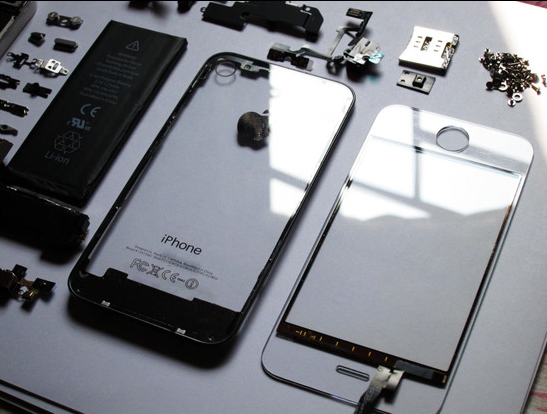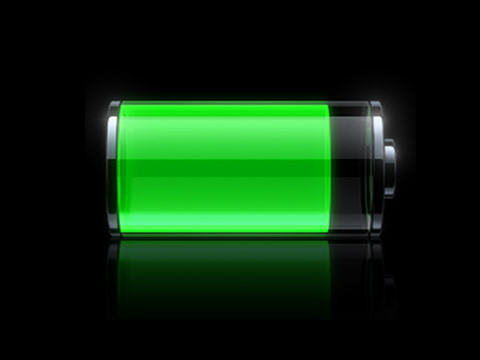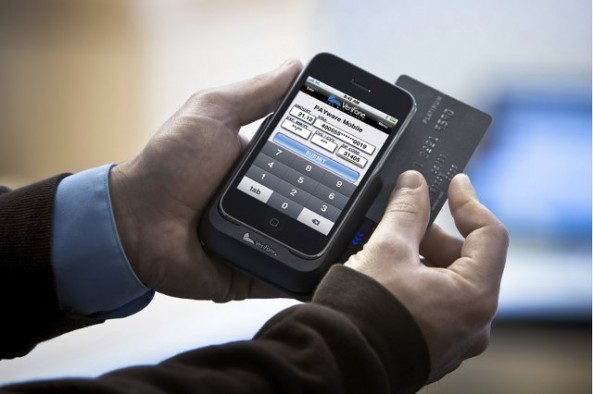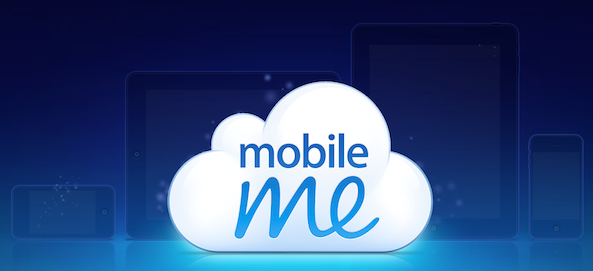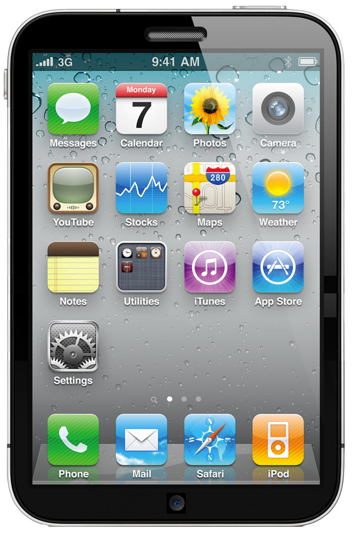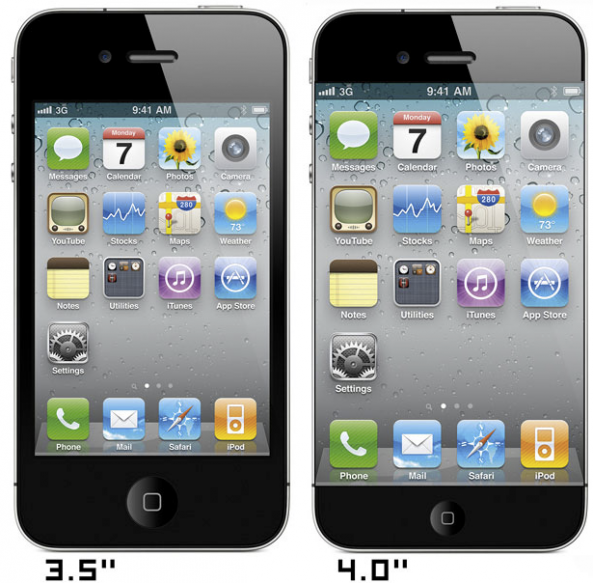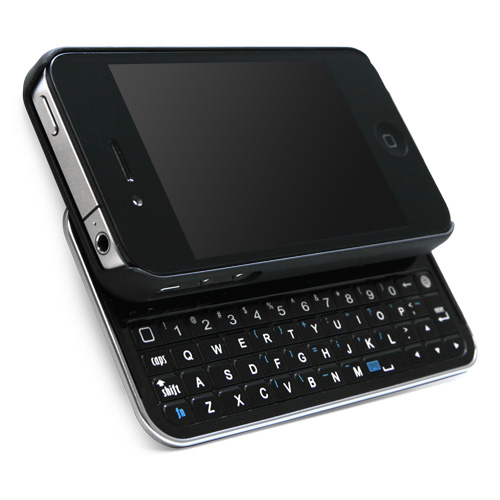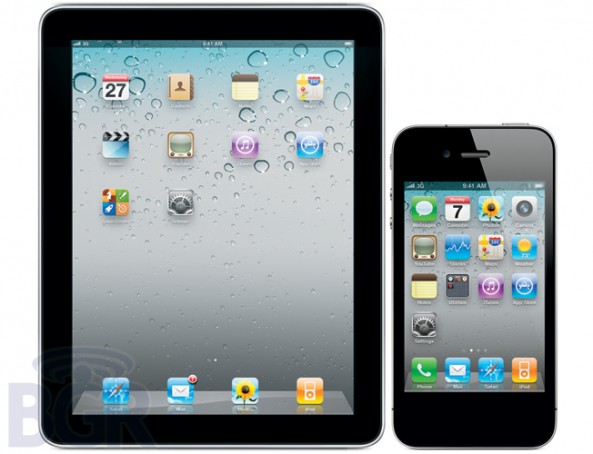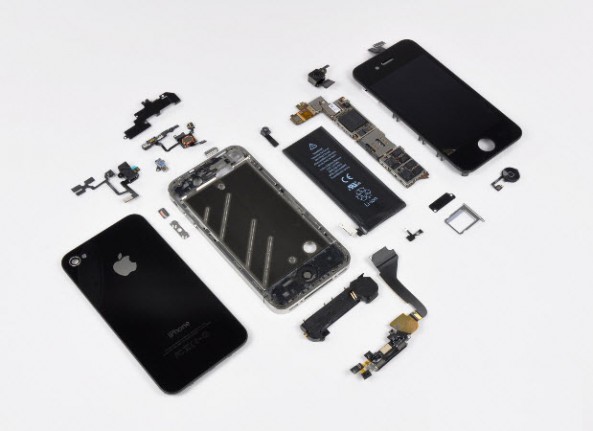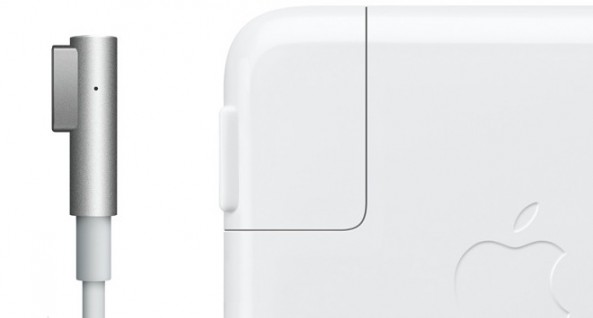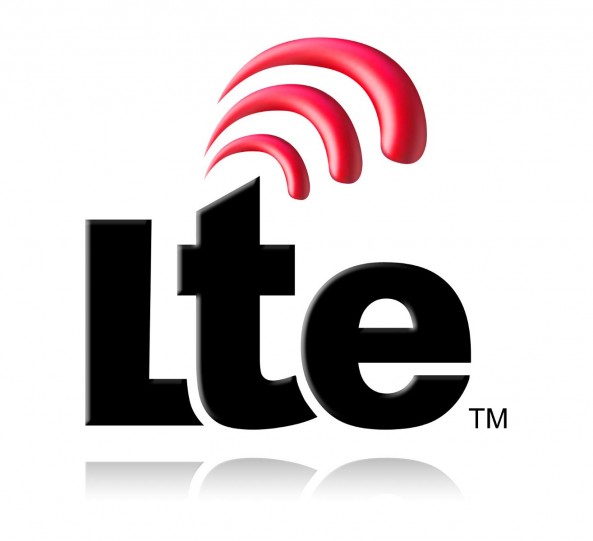Security researchers unveiled this past week that Apple's iPhone was logging the whereabouts of the user's location and storing it on the device.
The question is why?
The company has remained silent after researchers Alasdair Allan and Pete Warden revealed this Wednesday that the iPhone was storing logs of users' geographic coordinates in a hidden file.
While Apple has since remained tight-lipped on the matter, not responding to any media-inquires, another privacy snafu last year gives insight into what the company is doing with the information.
In June 2010, Congressmen Edward J. Markey, D-Mass., and Joe Barton, R-Texas wrote a letter to Apple CEO Steve Jobs inquiring about Apple's privacy policy and location-based services.
In response the company's general counsel Bruce Sewall wrote a letter explaining its practice, and shedding light on the rationale the company uses to monitor users.
"To provide the high quality products and services that its customers demand, Apple must have access to the comprehensive location-based information," Sewall told Congress in the letter.
After emphasizing Apple's commitment to users' privacy, Sewall said that to provide these location-based services, Apple, its partners and licensees, may collect, use and share customers' precise location data, including GPS information, nearby cell towers and neighboring Wi-Fi networks.
While the security researchers Allan and Warden did not confirm whether the devices were actively sending data back to Apple, Sewall said that it was within Apple's right to do so.
"By using any location-based services on your iPhone, you agree and consent to Apple's and its partners' and licensees' transmission, collection, maintenance, processing and use of your location data to provide such products and services," Sewall's letter reads, citing Apple's End User Agreement.
But he added that the information is collected anonymously and the devices give users controls for disabling the location features.
In addition to giving Apple customers the ability to turn off all location features with one "on/off" toggle switch,
Apple requires applications to get explicit customer when it asks for location information for the first time. Apple also stores the location information in a database only accessibly to Apple, the letter says.
But though Apple says that its location data practices support the services its customers want, analysts and activists say the practice still raises serious questions.



